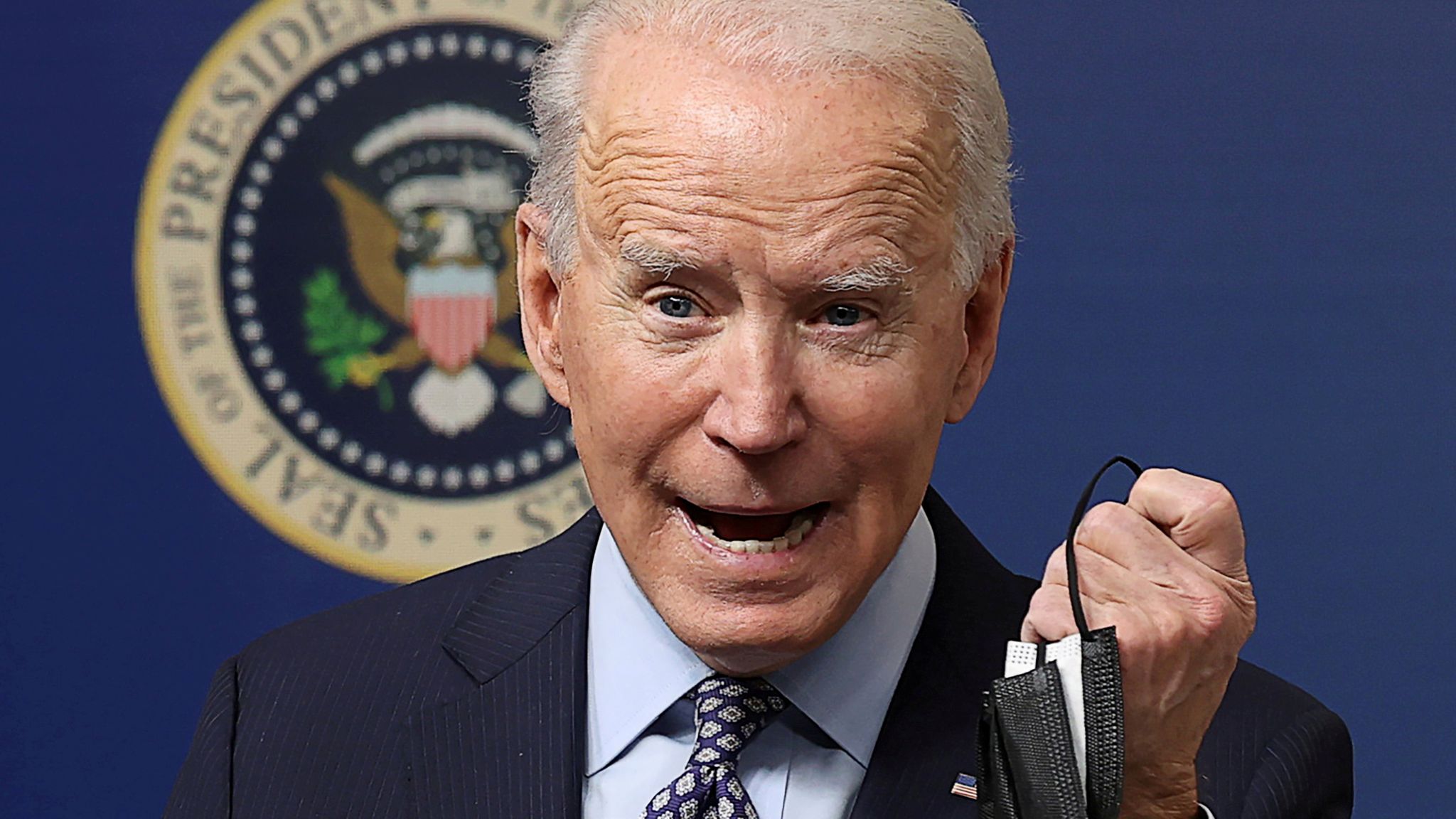Trump Repeals Biden’s AI Framework, Sparks Debate on Innovation vs. Regulation
21.01.2025 21:00 1 min. read Alexander Zdravkov
Donald Trump, on his first day back in office, repealed several Biden-era executive orders, including a 2023 framework aimed at regulating artificial intelligence (AI).
Biden’s order had established safety standards for AI developers, requiring transparency in safety testing, protecting privacy, and addressing potential biases in AI systems. Trump criticized the framework as overly restrictive, arguing that it hindered technological progress and economic growth. Instead, his administration is embracing a free-market approach, prioritizing innovation over regulation.
Tech leaders such as Mark Zuckerberg, Jeff Bezos, and Sundar Pichai, who were present at Trump’s inauguration, have shown support for the shift, reflecting the tech industry’s interest in fewer regulatory constraints.
Companies like Microsoft have already been expanding globally, with significant investments such as new AI hubs in Abu Dhabi. This alignment suggests a broader push to position the U.S. as a leader in AI innovation by reducing barriers for developers.
However, the repeal has drawn criticism from advocates who warn that removing safeguards could expose the public to risks associated with unregulated AI. Alondra Nelson from the Center for American Progress argued that the lack of accountability could stifle trust and limit the potential benefits of AI. Additionally, the removal of provisions supporting skilled AI worker immigration has raised concerns about America’s ability to attract and retain top talent in the field.
-
1
Dollar Decline on the Horizon as Fed Pivot Looms, Morgan Stanley Warns
26.05.2025 17:00 1 min. read -
2
Robert Kiyosaki Warns of Economic Breakdown, Calls Bitcoin a Lifeline
28.05.2025 16:00 1 min. read -
3
Robert Kiyosaki Warns of Deepening Financial Crisis, Urges Shift to Bitcoin and Precious Metals
03.06.2025 17:00 1 min. read -
4
Trump Reignites Trade War, Accuses China of Breaking Deal
30.05.2025 18:00 1 min. read -
5
Dollar Dominance Fades: Asia Turns to Local Currencies and BRICS Bloc
09.06.2025 14:00 2 min. read
Will Japan’s Central Bank Spark a Crypto Rally?
The Bank of Japan (BOJ)’s upcoming monetary policy meeting, set for June 16–17, could be the next major catalyst for global risk assets, including stocks and cryptocurrencies like Bitcoin.
Economist Who Called 1987 Crash Warns Markets Face Growing Risk
Mark Skousen, the economist who foresaw the 1987 market collapse, believes the current financial environment is entering a precarious phase.
Dollar Dominance Fades: Asia Turns to Local Currencies and BRICS Bloc
Across Asia, the U.S. dollar is rapidly losing ground as countries intensify efforts to reduce reliance on the greenback.
JPMorgan Warns U.S. Economy May Be Slowing Behind the Headlines
Despite encouraging job numbers on the surface, JPMorgan Chase’s chief global strategist David Kelly says the U.S. economy is quietly losing momentum.
-
1
Dollar Decline on the Horizon as Fed Pivot Looms, Morgan Stanley Warns
26.05.2025 17:00 1 min. read -
2
Robert Kiyosaki Warns of Economic Breakdown, Calls Bitcoin a Lifeline
28.05.2025 16:00 1 min. read -
3
Robert Kiyosaki Warns of Deepening Financial Crisis, Urges Shift to Bitcoin and Precious Metals
03.06.2025 17:00 1 min. read -
4
Trump Reignites Trade War, Accuses China of Breaking Deal
30.05.2025 18:00 1 min. read -
5
Dollar Dominance Fades: Asia Turns to Local Currencies and BRICS Bloc
09.06.2025 14:00 2 min. read


